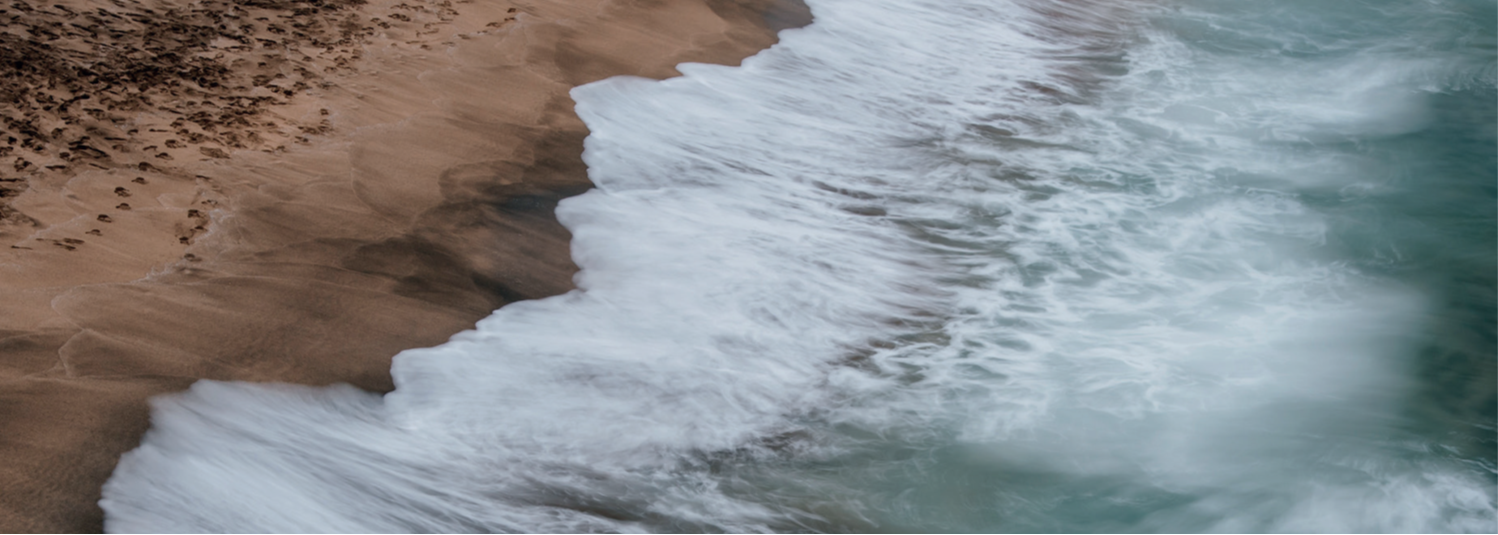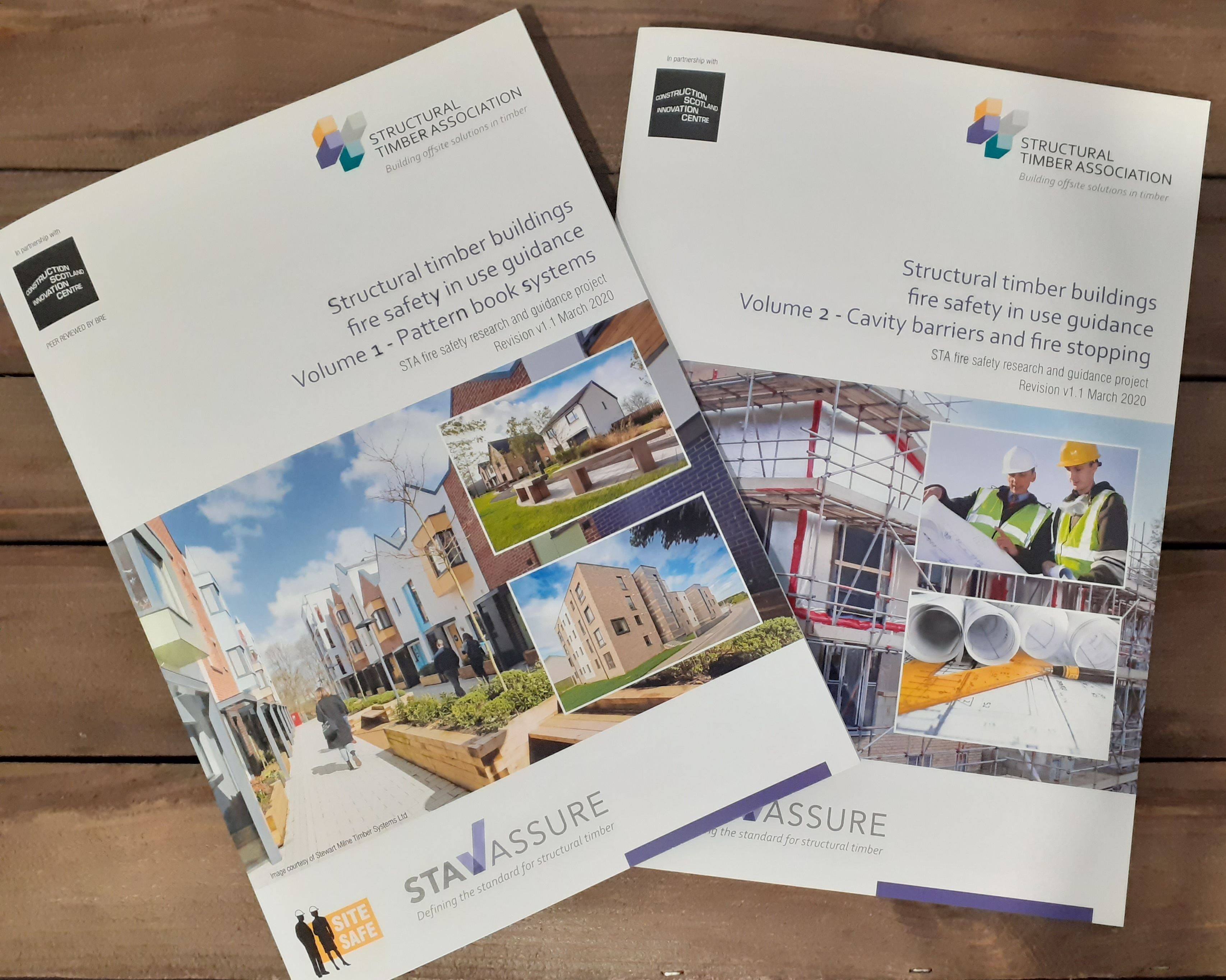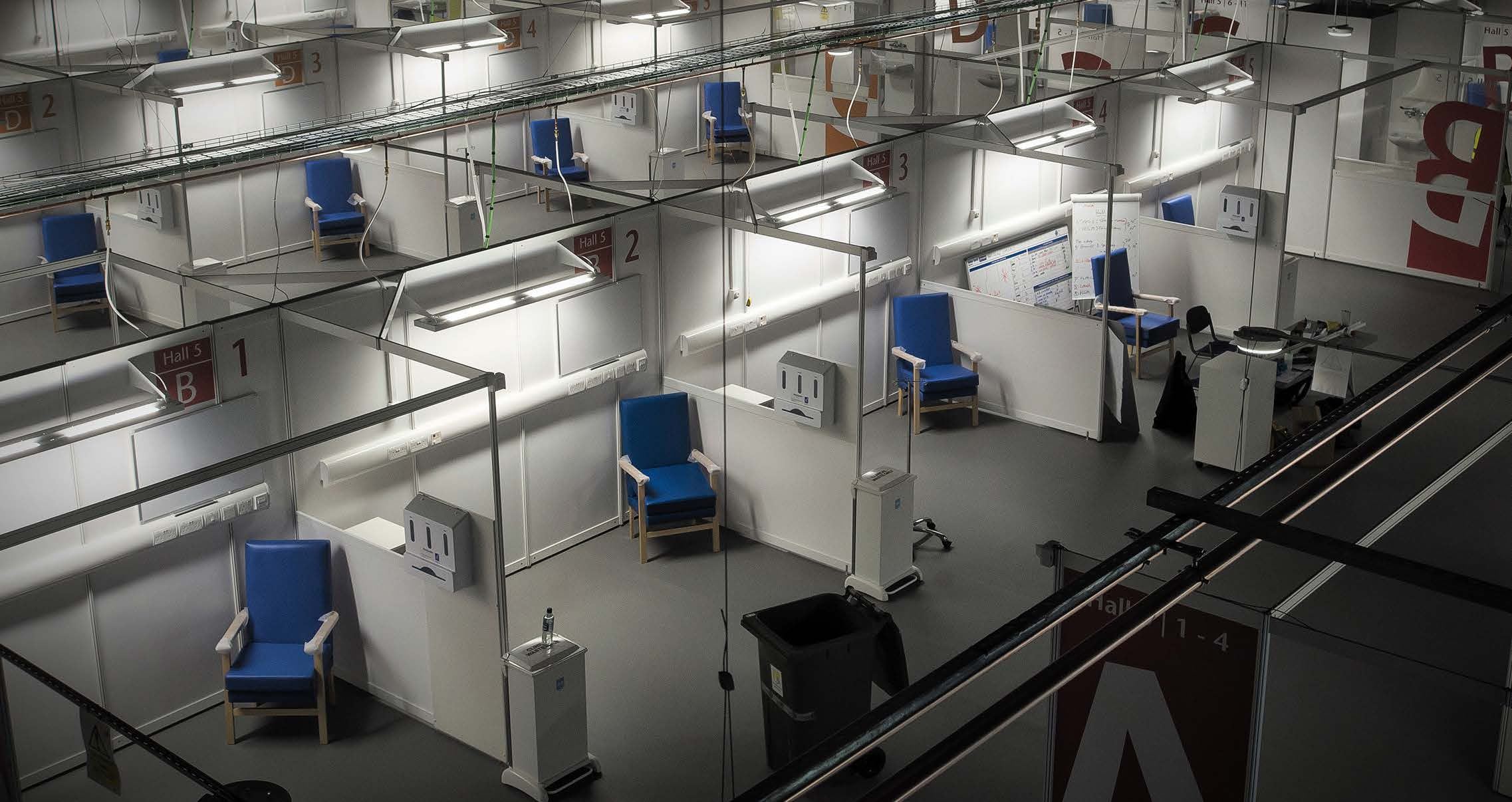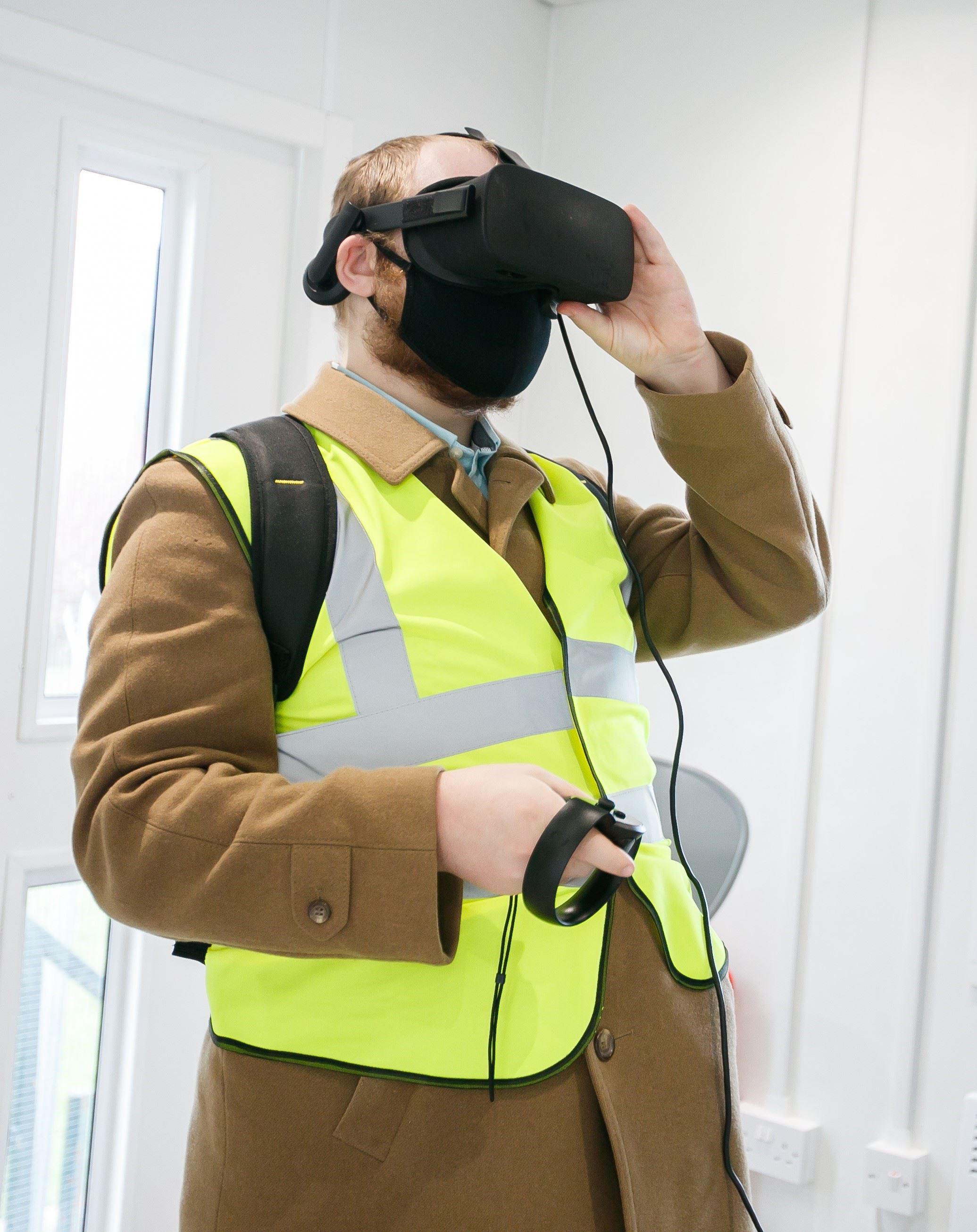Content
Gamechanger Award: RSE, world’s first timber chemical dosing system
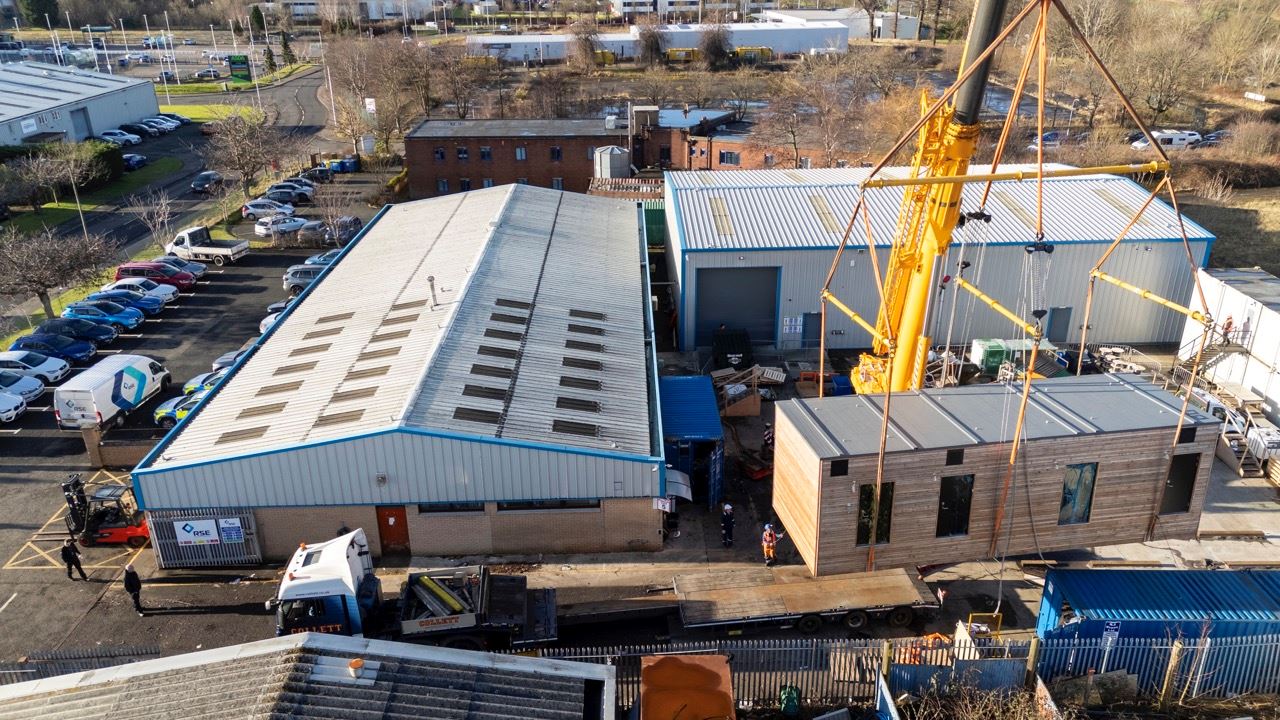
RSE, with Ecosystems Technologies, has introduced the world’s first timber-housed chemical dosing system for the water sector: the Timber Modular Build (TMB).
The TMB addresses the urgent need for sustainable alternatives to carbon-intensive materials, aligns with RSE's and their clients’ climate targets, and delivers rapid construction methods.
Scottish Water is commissioning multiple TMB systems and RSE has won the Accelerate to Zero Gamechanger award for their efforts.
What is chemical dosing?
RSE are specialists in developing water treatment technologies to improve water purification and water recycling processes.
Chemical dosing is the process of adding chemicals to water for purification during water treatment, ensuring a clean and high-quality supply of water on sites. Historically, chemical dosing systems are housed in steel or glass-reinforced plastic (GRP) enclosures which, while effective, have very high embodied carbon.
Using timber, the TMB’s rapid construction, biophilic design, and significant carbon reduction deliver multiple benefits to clients, cutting carbon footprint by 85% compared to traditional enclosures.
Timber Modular Build (TMB)
The Timber Modular Build is part of RSE’s m-Eco Building product line that offers modular offsite builds with plug-and-play capabilities for chemical systems. BE-ST supported the project in the initial prototype, but the project has continued to grow independently and is now delivering systems for Scottish Water.
RSE partnered with Ecosystems Technologies to develop this timber alternative, which has proved to be successful.
RSE’s Design Manager Andy Louden says, “RSE and Ecosystems Technologies partnership has flourished since we were introduced by BE-ST. We were drawn together by both businesses' commitment to MMC, and this has underpinned development of the low carbon, timber modular build system specifically for the Utility sector."
Scottish Water in the TMB
The very first TMB kiosks to be developed and produced by RSE were delivered to Scottish Water’s sites in Aberdeen and near Selkirk.
The structures are used to house the chemical dosing equipment needed at water treatment and wastewater treatment works. RSE engaged Scottish Water throughout to address end-user concerns and ensure the design met users' needs. This included demonstrations, such as the application of chemical bund liners and full-scale cutaway models, to validate the TMB’s design and performance.
Following this testing the TMB’s are fitted out off-site at RSE's Dalgety Bay facility so reduce site mechanical and electrical installation to the absolute minimum. RSE with Ecosystems Technologies have now completed 11 TMBs.
Scottish Water also shares their perspective on the project. Ian Watt, Scottish Water’s Beyond Net Zero Delivery Manager, says: “We are delighted to be working alongside RSE to reduce the carbon associated with our capital programme through these innovative timber kiosks.
“Kiosks are an essential part of many of our sites, housing chemical dosing equipment and have traditionally been made from glass reinforced plastic. RSE has managed to develop an approach that makes use of fully recyclable materials and cuts the embodied carbon associated with these structures by almost three quarters, while reducing lead in times and allowing for offsite construction.
“The fact that we were able to supply timber for one of the kiosks is a bonus.”
Why Timber?
The TMB is designed to international standards including: BS EN 1990 for structural safety and durability; BS EN 1991 for actions on structures; and BS EN 1995 for timber design and detailing. The TMB’s design life surpasses that of traditional enclosures.
Full scale prototypes of the TMB have been tested against LPS 1175 Loss Prevention Standards, demonstrating its ability to secure critical national infrastructure.
The TMB is constructed from mass timber panels, at least 94mm thick, which are certified to withstand fire for 78 minutes (BS 476-20) and pass the 60-minute fire integrity test.
The TMB modules ranges from 9m2 footprint to 50m2. Designed to withstand extreme conditions, including wind loading in Shetland and snow loading in Lochaber, the TMB is robust enough to house the heaviest chemicals. Its modular design allows for flexibility, making it suitable for a variety of site-specific needs.
Client Benefits
A significant advantage of the TMB is its rapid construction, taking just 7 to 13 weeks from the approval of fabrication drawings. This is between 2 and 35 weeks shorter than equivalent averages for traditional enclosures, delivering time and cost savings for clients.
The TMB excels in reducing carbon. A large, traditional enclosure has an embodied carbon footprint of over 100,000 kg CO2e, whereas the equivalent TMB’s footprint is approximately 15,000 kgCO2e: an 85% reduction.
Despite being first of a kind, the TMB is cost-competitive facilitating widespread adoption, paving the way for large-scale implementation. Its design is adaptable to various site constraints, ensuring its suitability for all situations.
Accelerate to Zero Award
The TMB was chosen by an external judging panel for leading by example in acting on its clear vision, innovation and approach.
Andy shares, “2024 has been a great milestone for the development of the TMB, and we are delighted to that 2024 was capped by this Gamechanger Award. The award is a brilliant stepping stone to scaling up production of the TMB product range and reducing the embodied carbon and the duration of projects one modular build at a time.”
A Gamechanger
For the water sector and other utilities, the Timber Modular Build delivers a safe, durable, secure, and aesthetically pleasing system that meets and exceeds industry standards.
The TMB is the result of rigorous research, extensive testing, collaboration, and strong stakeholder engagement. Now, with its success, RSE and Ecosystems Technologies look towards increasing production capacity and exploring wider applications.
